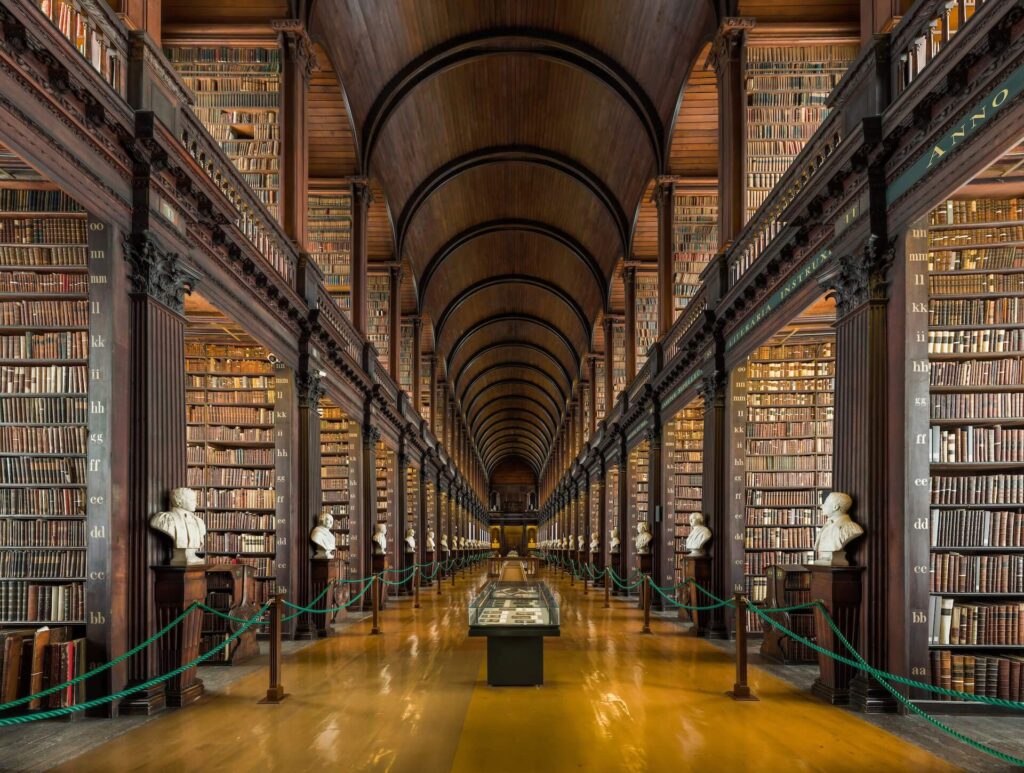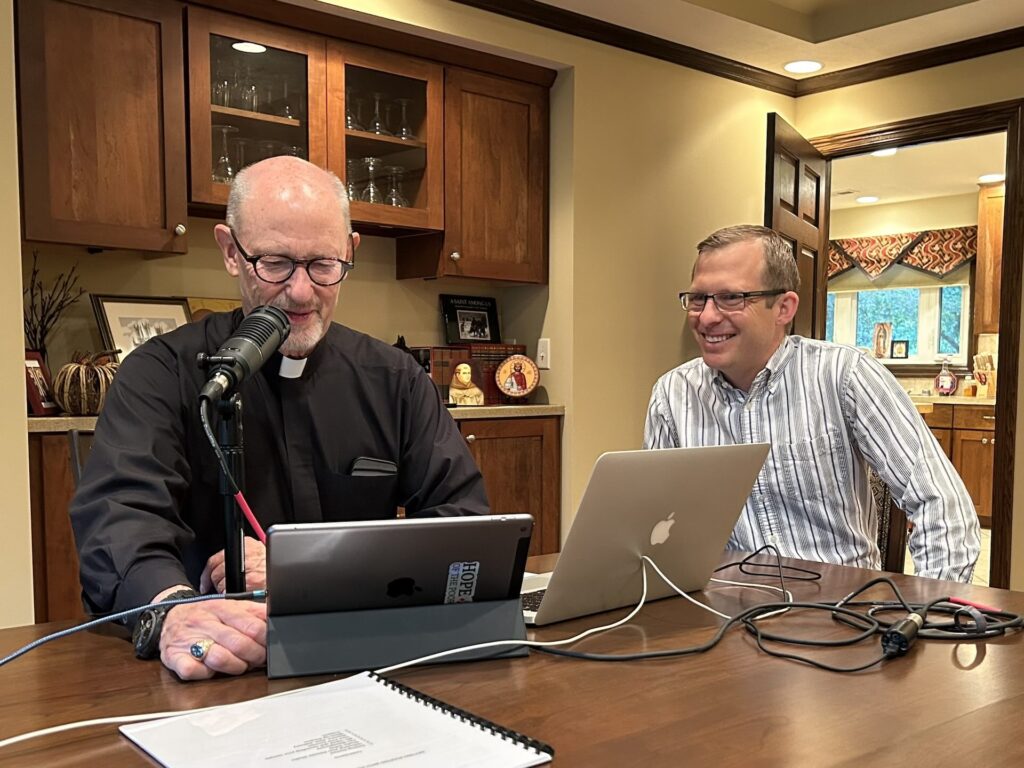Then God said, “Let us make man in our image, after our likeness; and let them have dominion over the fish of the sea, and over the birds of the air, and over the cattle, and over all the earth, and over every creeping thing that creeps upon the earth.” So God created man in his own image, in the image of God he created him; male and female he created them. – Genesis 1:26-27
Let’s begin at the beginning.
In the book of Genesis, we are told the important truth that humans have been created in God’s own image and after his likeness.
Unlike the rest of material creation, we have been given a mind and a will after the pattern of God’s mind and will.
This language in Genesis points to our identity as God’s children.
To be made in another’s image is to be a son or daughter.
Genesis later uses the same language to describe Adam and Eve’s children: “Adam became the father of a son in his own likeness, after his image, and named him Seth” (Genesis 5:3).
After telling us that we are made in God’s image and likeness, Genesis gives one, and only one, further description of our creation: “male and female he created them” (1:27).
This is not an extraneous detail.
Think of all the ways humans differ from one another.
Any of these differences and many more could have been noted, but we are told of only one.
Our maleness or femaleness is not an accident or a minor detail.
From the beginning, God intended that there be two kinds of humans: men and women.
To be a good human is to be either a good man or a good woman.
Our masculinity or femininity is the lens through which our whole humanity is refracted.
Many other differences between people may change as circumstances change or disappear when we come fully to ourselves in our eternal home, but we will be men or women for all eternity.
Ignoring this lens is an advanced phase of the perennial battle over identity that began when Adam and Eve first turned away from God.
It is the result of the desire to create ourselves apart from God.
We never really gain independence from God. How can creatures—who owe their existence to the creating act of the one self-existing Being—become their own source of life?
A light bulb that decided it wanted independence from its power source so that it could shine with its own light would only land itself in total darkness.
Our first step in gaining wisdom is to embrace our creaturely nature.
We are entirely dependent on God for our lives and our sense of self.
We will find our joy and fulfillment not in futile attempts at coming up with our own self-generated identity but by embracing the image of our true Father.
“Lose your life and you will find it” is the practical advice Jesus gives for overcoming the human identity crisis (see Luke 9:24).
For us, that means embracing our identity as men and as fathers.
Begin to ask yourself what it means to be a man.
In his infinite wisdom, God made you a man.
You are created in his image and likeness.
In your prayer today, ponder the question: what does it mean to be a man?




